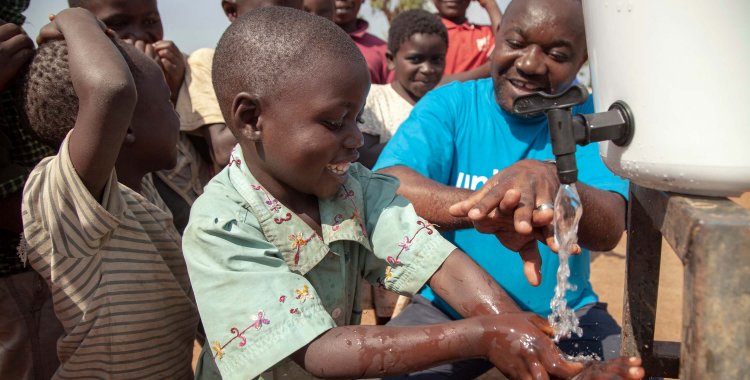The figures, cited by Angop, reveal that 91 percent of respondents said they had changed the way they occupied their time. At this point, most Angolans (91 percent) admitted that they had spent more time on domestic activities, while 82 percent said they had spent more time talking to family and friends.
At the same point, more than half (60 percent) said they began to use their time to provide more support to family members and 55 percent began to focus more on leisure or entertainment activities.
Only 33 per cent admitted to having occupied their free time with physical exercise.
According to the study, 726 Angolans admitted having left home to go to essential services - such as purchasing food products - while 426 admitted having carried out activities prohibited by the Government during the state of emergency.
In addition, the data also reveal that 87 percent of those surveyed changed their professional activity: more than half of Angolans (53 percent) stayed in teleworking, 9 percent continued to work in shifts in person and 38 percent stayed in conventional work.
Consumer habits also changed. According to the study, 55 per cent began to buy the products in larger quantities. There was also a change in the usual places of consumption and half of those surveyed said they had reduced spending on the purchase of goods and services.
Already 80 per cent said they felt changes in their family relationships. Concern about the health of their family members was the point that stood out the most.
More than 90 per cent of respondents admitted to having started using social networks and new communication tools more often and for longer: 70 per cent said they had used these tools to talk to friends and family.
More than half said they had changed their way of searching and accessing information. At this point, 90 per cent said they researched specifically covid-19, 82 per cent said they continued to look for generic information, with social networks being the largest source of research (88 per cent).
As for the use of public transport, 91 per cent admitted having used this service less, because they were operating with constraints.
Access to services was also widely used, mainly through digital platforms (77 per cent) made available by institutions.
The study also indicated that 86 percent of Angolans said they had obeyed all the mobility restrictions imposed. 91 percent said they had always washed their hands, 74 percent said they frequently used alcohol gel, 57 percent admitted to disinfecting the objects they use in their daily lives. However, only 47 per cent said they wear a mask frequently.
For this study, 1211 valid answers were considered, given online between April 20 and May 4 this year. However, experts admit to conducting a new study to deepen this data and obtain additional information.







